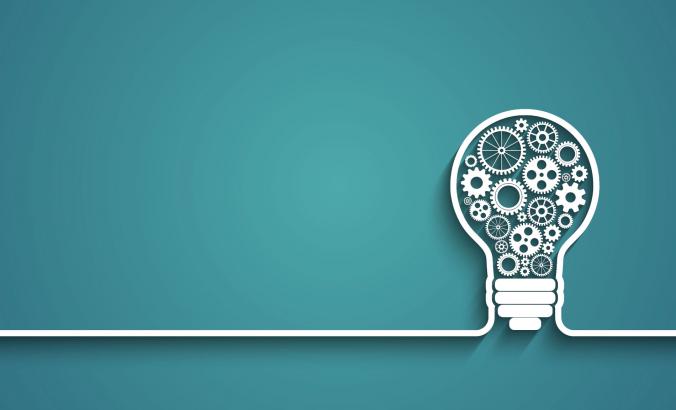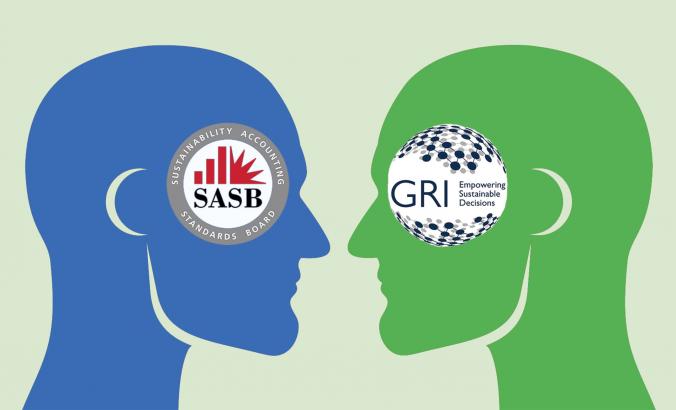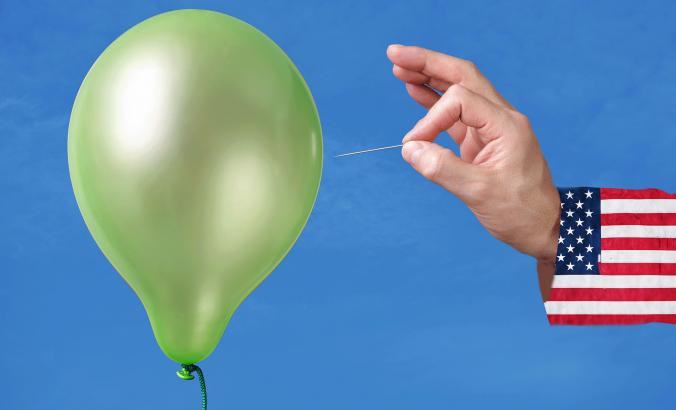地球日和美国的投票,2013

Here’s the most noteworthy finding among the spring 2013 crop of surveys and polls on Americans’ environmental attitudes: “Millennials Pretend to Care About the Environment,” a headline from DDB’s most recent Life Style Study that concluded, “When it comes to being environmentally friendly, Millennials are talking the talk, but not walking the walk.”
这么多的新来的学员公民和消费者的青睐。
That’s par for the course, it seems. My seventh annual sampling of the crop of environmental opinion data that blossoms each year in the run-up to Earth Day doesn’t offer much reason for optimism. (这里有一个链接to last year’s report, which also contains links to my annual posts going back to 2007.) The overall field of surveys, as far as I can tell, has declined over the past year or so, likely reflecting a drop in interest in the topic by marketers.
放弃希望,所有你们谁上阅读。
The DDB research compared the attitudes of Baby Boomers (born 1946-1962) with Millennials (1991-2000). They found that Boomers are significantly more likely than Millennials to say they make a strong effort to:
- recycle everything they possibly can (66 percent vs. 53 percent)
- 可回收从垃圾的其余部分分离(64%对53%)的
- use reusable grocery bags as much as possible (54 percent vs. 46 percent)
新千年一代显著更有可能比潮说,他们使用可再装水瓶时,他们喝的家庭(54%对46%)的水外,并说他们自己的混合动力汽车(8%与4%)或电动车(7%对1%)的。
“尽管有人认为千禧一代尤其热衷于环境问题,也有少数,如果有的话,他们对环境或重要性的关注程度的差异,他们放在负责任的行为兑潮一代,” DDB结束。
DDB的不是disses了新千年一代绿色态度第一次调查。“千禧一代更关心自己喜欢的餐厅,少谈环境的可持续性必威体育2018”读一个2012标题。“年轻一代传递“绿色”,以保存现金,”读取另一个,早在2009年。
当然,也有一些原因 - 在经济低迷之中名列榜首。在2010年,谢尔顿集团的环保脉搏调查发现,
Millennials are more likely to be talking about energy and water conservation, preservatives and chemicals in food, global warming and VOCs, but those conversations aren’t producing change -- yet. Millennials are 23 percent less likely to have changed behaviors or made green purchases than the overall population.
So, perhaps they’ll come around. But the latest findings pour cold water on companies’ almost reflexive observations that Millennials — “by far the most analyzed, most marketed to and most intriguing generation to date,”根据锥公司- 要为工作和对社会负责的企业购买。我经常听到这种说法,从企业,这似乎是比经验更轶事。
Millennials aside, DDB’s latest research — “the nation’s longest running and largest longitudinal study of attitudes and behaviors” — touts the kinds of high levels of concern I’ve often found lacking believability. For example:
- 83 percent of American adults say that protecting the world’s ecosystems is important, 85 percent say that recycling is important
- 61 percent of American adults say they make a strong effort to recycle everything they possibly can
我毫不怀疑,这些数字反映的正是美国成年人告诉DDB。但事实上,六十分之一的成年人说他们“做出重大努力,再循环的一切,他们可能能”绵延信誉的限制。你和我都知道,非常,非常少的人回收“一切他们可能可以。”
(当然,如果你分析这个问题,我们可以看到这个数据可以在技术上是真的。“一切他们可能可以”可以被解释为是指每材料,消费者一)了解如何回收,以及b)他们有方便回收再利用。这可能相当于一个小条子所有可回收的材料。因此,该研究发现,虽然不受FTC的绿色营销指南,可标示为误导,甚至漂绿。)
对气候变化的态度不更令人鼓舞。那么下一半的美国人(34%)认为在当地区域的温度已经比通常这个冬天温暖 - 与谁报告气温回暖,去年79%相比,根据盖洛普。其余的发言权的温度一直是相同的(45%)或比平常(19%)更冷。谁感知气温回暖多数那些说的变化是由于全球变暖,而去年多数表示,这反映出正常变化。
盖洛普说:
This year, the slight majority of those who perceived warmer temperatures attributed them to global warming — 20 percent of the overall sample thought that local temperatures were warmer and attributed it to global warming, while 13 percent thought they were warmer but due to normal fluctuations. Last year, those who perceived warmer temperatures were much more likely to attribute the change to normal variations. Thirty percent of the overall sample in 2012 said temperatures were warmer due to global warming, while 46 percent said they were warmer due to normal fluctuations.
Whatever the numbers, it’s pretty clear that Americans’ attitudes on this topic shift with the weather — literally. Reminds me ofStephen Colbert’s wry takeon Fox News’ 2010 assertion that snowstorms in the Northeast undermined the idea that the planet was warming. "According to my Dopplest 9000, it's dark outside," he noted. "Based on this latest data, I can only assume that the sun has been destroyed.”
Even when there’s encouraging news about consumer attitudes, it is tempered.
最新的Cone Communications Green Gap Trend Tracker(the name itself implies an inherent marketplace problem), “a record-high 71 percent of Americans consider the environment when they shop, up from 66 percent in 2008.” And “nearly half (45 percent) of consumers actively seek out environmental information about the products they buy.”
尽管如此,锥发现“美国人仍然与他们在产品生命周期与环境效益的作用奋斗。”虽然90%的承认,这是他们的责任,正确使用和处置的产品,“动作不故意对准”:
- 只有30%的人说他们经常使用的产品在实现了预期的环境效益的方式
- 42%的人说他们的方式,符合预期的环境效益处置产品
看来,消费者谁希望做正确的事没有时间,知识或意愿这样做。
Who’s to blame? Not surprisingly, consumers blame companies. Cone found that almost three-quarters (71 percent) “wish companies would do a better job helping them understand environmental terms.” Roughly half say they feel overwhelmed by the volume of messages in the marketplace.
As always, it’s a two-edged sword: 69 percent say “it's okay if a company is not environmentally perfect as long as it is honest," while 78 percent say “they will boycott a product if they discover an environmental claim to be misleading.”
你如何避免误导消费者是谁感到困惑都不堪重负和?锥不说。
Image bydesign07via Shutterstock




